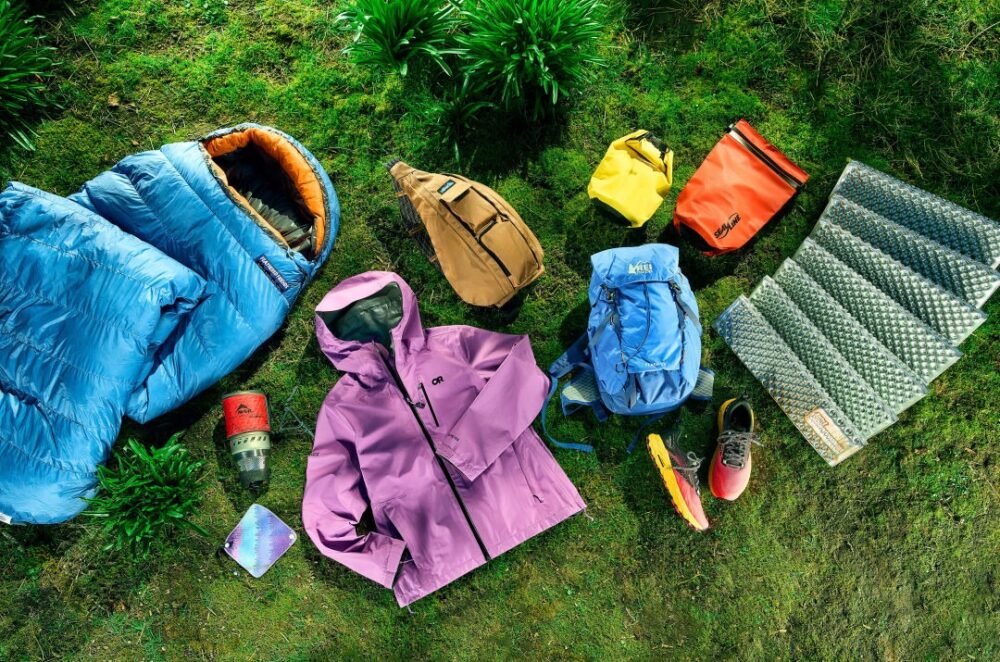In 2025, heading into the wild isn’t just about strapping on boots and hoping for good weather. It doesn’t matter if you’re hiking through backcountry trails, camping with the family, or just trying to stay safe during a road trip across national parks, the gear you bring can make or break the experience.
The essentials have changed. Gadgets got smarter. Materials became lighter and more durable. And yes, even smartphones now come built for the backwoods.
This guide walks through the real gear that people are using this year to stay prepared outdoors. Not trend pieces or futuristic vaporware.
Actual tools, tech, and gear that seasoned hikers, weekend campers, and survival-minded travelers are throwing into their packs and trucks, because they work.
Let’s break it down by category: survival tools, power sources, weatherproof tech, emergency communication, and everyday outdoor-ready gear.
Reliable Survival Tools That Still Matter in 2025
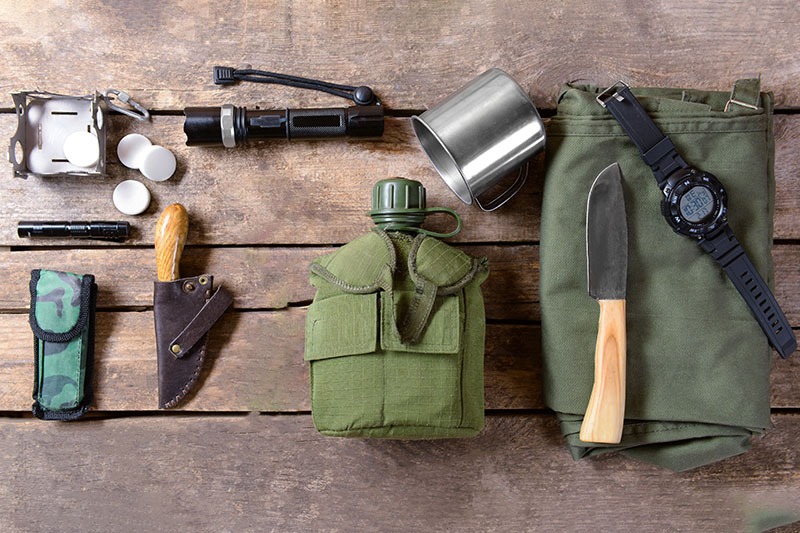
Source: globalrescue.com
Some things don’t need a Bluetooth chip to save your life. A few pieces of gear remain timeless, but in 2025, many have been upgraded with better materials, smarter design, or modular functionality.
Multi-tools That Do It All (and Then Some)
Leatherman and Victorinox still lead the charge, but now they face competition from newer brands offering ultralight titanium models with customizable loadouts. Many 2025 multi-tools now include:
- Replaceable wire cutters
- Ferro rod striker surfaces
- Bit driver compatibility for gear repairs
- Tethering options for drones and other tech add-ons
The Leatherman Signal remains a favorite because it blends survival-specific functions, like a built-in fire starter and whistle—with all the basics. It’s the kind of thing you clip to your belt and forget, until it saves your day.
Fixed Blade vs. Folding Knife?
People still argue over this. For most campers and hikers, a quality folding knife is fine. But if you’re doing off-grid wilderness stuff, bushcraft, or international backpacking, a full-tang fixed blade earns its keep.
In 2025, models like the Morakniv Garberg Carbon and the Benchmade Anonimus are still popular because they sharpen easily, hold an edge, and won’t crack under pressure. And no, your folding EDC knife probably won’t baton wood. Just something to keep in mind.
Power and Charging Gear You’ll Be Grateful to Have
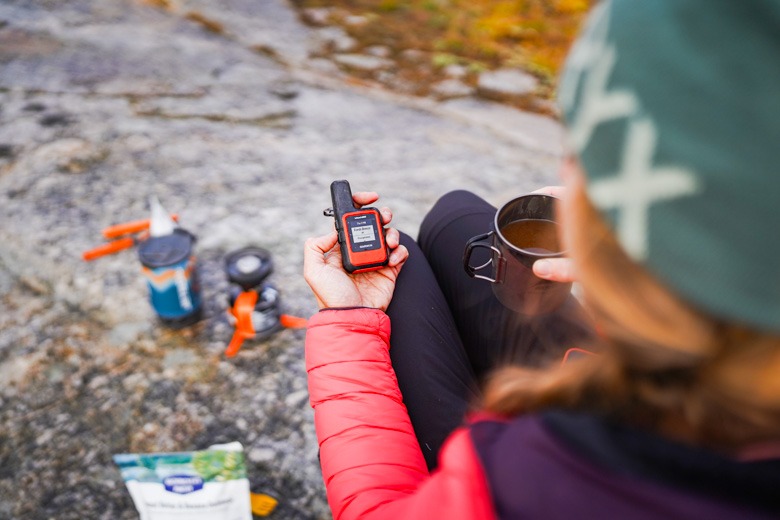
Source: switchbacktravel.com
Power is the backbone of modern outdoor survival. Even minimalists carry at least one powered device, whether it’s for navigation, light, or communication.
For anyone wanting a rugged phone that doubles as a survival tool, the FOSSiBOT Official website offers the F107 Pro, a 5G device with starlight night vision and a built-in flashlight—ideal for low-light conditions
Solar Panels That Actually Work
Solar in 2025 is better, finally. Efficiency has improved, and rugged options designed for outdoor use now offer actual reliability. The Goal Zero Nomad 10+ is compact and clips to a backpack, while the Anker Solar Generator 767 is a beast that supports basecamp setups and RVs.
For daily outdoor use, look for:
| Feature | Why It Matters |
| Foldable Design | Saves space and reduces weight |
| USB-C PD Output | Charges modern phones and battery banks |
| Auto-restart Technology | Keeps charging after cloud interruptions |
| IP Rating | Waterproofing for unpredictable weather |
Pair it with a solid power bank—Nitecore NB20000 or Anker 747—and you’re set for multi-day trips.
Headlamps With Real Battery Life
Old-school AA-powered lamps are out. Rechargeable USB-C models with motion sensors, adaptive brightness, and 100+ hour battery life are standard in 2025. The Petzl Swift RL and Fenix HM70R lead the pack, with adjustable beams and built-in red light modes.
Look for:
- 1000+ lumen max output
- Lockout mode (to avoid accidental turn-on in packs)
- IP67 or higher waterproof rating
And yes, always bring a backup flashlight or extra battery.
Communication and Navigation Tools That Work Off the Grid
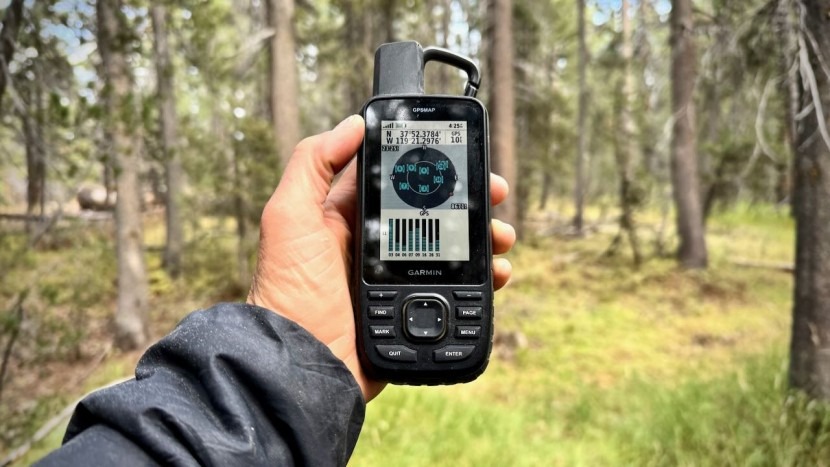
Source: outdoorgearlab.com
Even if you’re not a full-on prepper, having the right gear when cell signal drops to zero can make a huge difference.
Satellite Messengers
Satellite communication used to be niche. Now, it’s almost expected. Devices like the Garmin inReach Mini 2 or Zoleo Satellite Communicator give you real-time location sharing, SOS capability, and text messaging via the Iridium network.
Many outdoor travelers now pack a satellite messenger as part of their “don’t-die kit” along with their first aid gear.
| Model | Features | Monthly Plan Starts At |
| Garmin inReach Mini 2 | Global SOS, tracking, weather updates | $14.95 |
| Zoleo | SMS + email via satellite + cellular bridge | $20.00 |
Battery life can stretch to 14+ days with interval tracking. It’s worth the peace of mind.
GPS That Doesn’t Quit
Apps like Gaia GPS or AllTrails are great, but they needa signal or pre-downloaded maps. Dedicated GPS devices like the Garmin GPSMAP 67i are built tough, run forever on a charge, and don’t crash when it gets wet.
Some even combine mapping with satellite comms, so you’re not stuck choosing one or the other.
Phones Built for the Backcountry
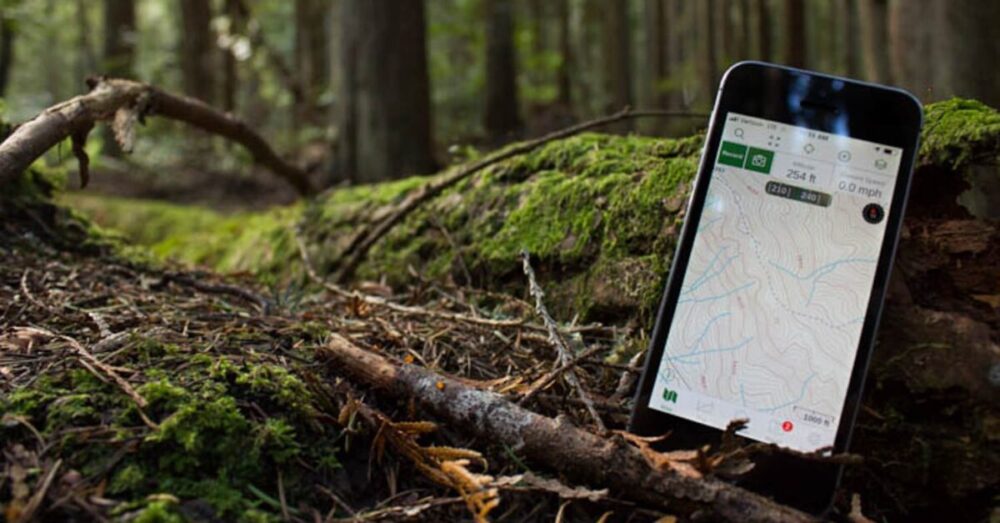
Source: cleverhiker.com
2025 finally brought a decent lineup of phones that aren’t scared of dirt, rain, or freezing temps.
Rugged Smartphones That Aren’t Just Bricks
Brands like Doogee, Unihertz, and CAT are building serious phones for outdoor use, without turning them into cinder blocks. Features worth noting:
- IP69K waterproofing (that’s pressure-wash-level durability)
- MIL-STD-810H certification for shock, dust, and thermal resistance
- Programmable hardware buttons for emergency comms or flashlight
- Built-in FLIR thermal cameras (yes, really)
The Doogee V30T runs on Android 13, has 5G, dual SIM slots, a massive 10,800mAh battery, and satellite messaging compatibility. All for under $500.
For Apple fans, the iPhone 15 Pro Max isn’t “rugged,” but with the right waterproof case from Catalyst or Mous, it holds its own surprisingly well—even on wet rock ledges and alpine snow fields.
Smart Clothing and Wearables Worth the Hype
Tech isn’t just in your hands anymore. In 2025, even what you wear can give you real-time data, warmth, or an early warning.
Heated Jackets Are Lighter and Smarter
Heated gear isn’t new, but in 2025, it’s not bulky anymore. Brands like Ororo, Gobi Heat, and Volt now offer lightweight, breathable outerwear with heating zones powered by power banks.
Most offer:
- Up to 10 hours of warmth per charge
- Carbon fiber heating panels
- Adjustable temperature zones
- USB ports for charging your phone from your coat
They’re a game-changer for late-season hiking or working outdoors.
Smartwatches That Go the Distance
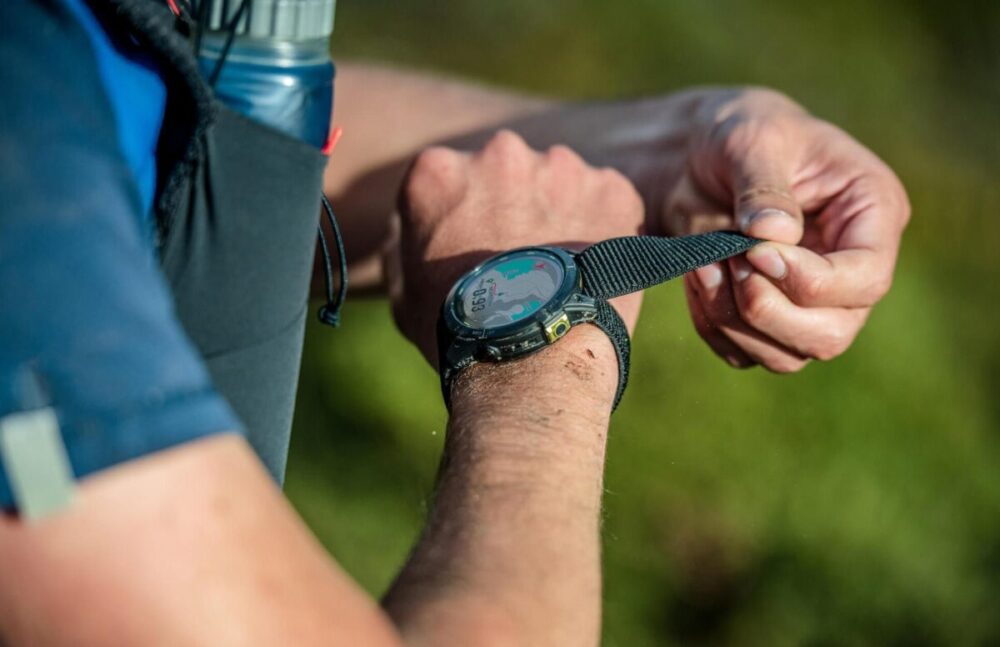
Source: thewildestroad.com
Outdoor-focused smartwatches are now essential for many. Garmin, COROS, and Suunto continue to push the limits. The Garmin Fenix 7X Pro Solar can charge from sunlight, track your heart rate, map your trail, and even give altitude-adaptive metrics.
If you’re into long runs, alpine ascents, or ultralight travel, a GPS watch is far more than a luxury.
Shelter, Cooking, and Everyday Comfort Upgrades
It’s not all tech. Some gear just makes life better around camp.
Ultralight Tents and Sleeping Gear
In 2025, there’s no excuse for lugging a four-pound tent. Options like Zpacks Duplex, Nemo Hornet Elite, and Big Agnes Copper Spur HV UL2 are dominating trail gear lists.
Don’t forget:
- Inflatable sleeping pads with integrated pumps (Therm-a-Rest NeoAir XLite NXT)
- Quilts instead of sleeping bags for ultralight setups
- Pillow alternatives like Sea to Summit Aeros series (don’t suffer with a rolled-up hoodie again)
Portable Cooking
Jetboil, MSR, and FireMaple are still top names, but 2025 has added smart cook systems with Bluetooth controls for fuel efficiency tracking. Yes, it sounds overkill. But when you’re on your last canister at 10,000 feet, you’ll appreciate it.
New entrants like BioLite CampStove 2+ even convert fire heat to charge your phone while you cook—eco-friendly and functional.
Pack Smart, Not Just Techy
Every year, outdoor gear gets shinier. But no matter how many sensors, apps, or materials get updated, the core of outdoor prep stays the same. You pack what you need, you keep it simple, and you don’t gamble with the essentials.
In 2025, the smart move isn’t owning the latest gadget. It’s knowing what works, when to bring it, and how to actually use it when things go sideways.
Throw a real knife in your kit. Add a power source that doesn’t flake out when it clouds over. Carry a backup way to call for help that doesn’t rely on bars. And maybe keep that crumpled paper map—just in case your GPS decides to “update” mid-hike.
Gear up, head out, stay safe. That’s the formula. Everything else is just extra.

